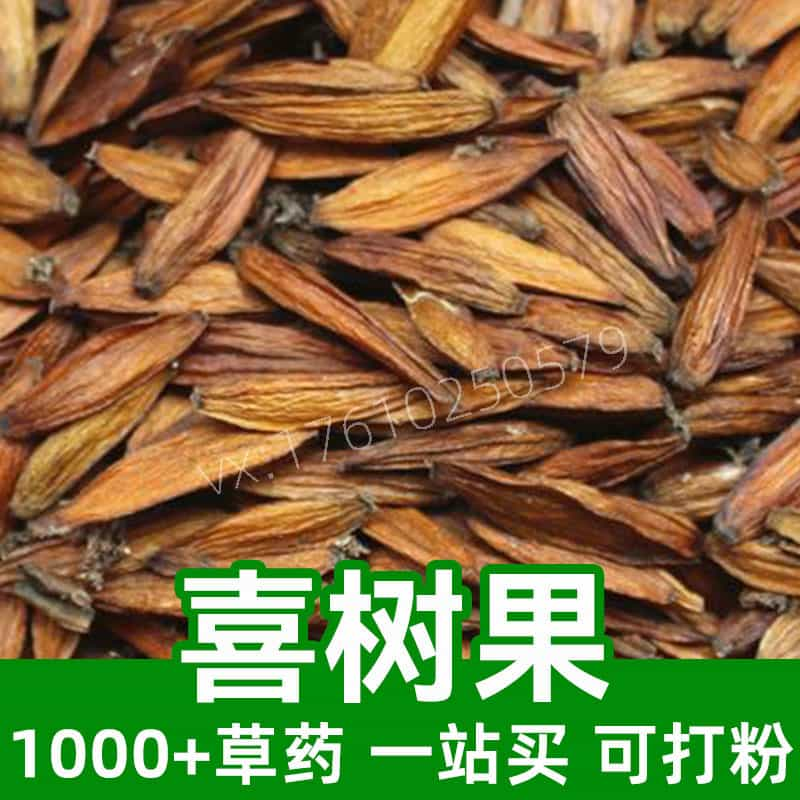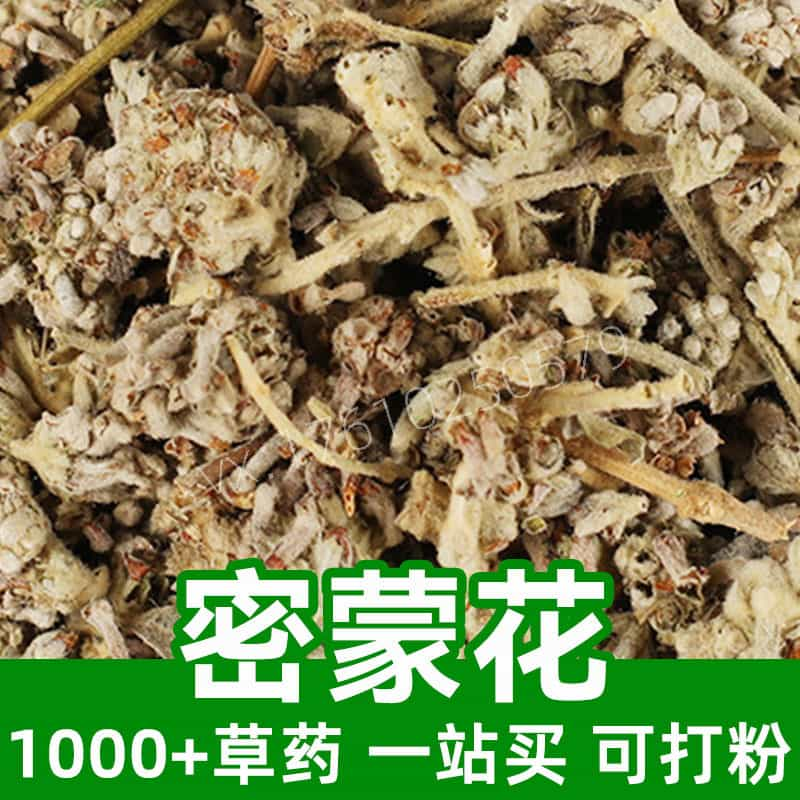Gypsum Product Overview
Gypsum is a common colorless or white crystalline powder primarily composed of calcium sulfate (CaSO₄), with a purity exceeding 90%. It is extracted and refined from sulfur-rich mineral deposits or sedimentary rocks. Gypsum has broad applications in medicine, construction, and chemical industries.
In the medical field, gypsum is frequently used in traditional Chinese medicine formulations to clear heat, relieve fire toxicity, and reduce dampness. It is commonly employed to treat various heat-related symptoms such as high fever, thirst, and sore throats. Its cooling nature makes it a vital ingredient in remedies aimed at clearing internal heat and detoxifying the body.
In construction, gypsum serves as a fundamental material for manufacturing gypsum boards, plasters, and mortars. Its excellent insulation, soundproofing, and fire-resistant properties make it a preferred choice for walls, ceilings, and other structural applications.
Overall, gypsum is a versatile material with significant importance in both the medical and construction sectors, providing therapeutic benefits and structural support.
Gypsum Main Active Components
The primary active component of gypsum is calcium sulfate (CaSO₄), constituting the majority of its composition. Calcium sulfate is an inorganic salt with the chemical formula CaSO₄, widely found in nature.
Gypsum also contains trace amounts of water, often in the form of hydrated calcium sulfate (CaSO₄·2H₂O). This hydrated form contributes to its moisture retention and enhances its physical properties.
In traditional Chinese medicine, calcium sulfate is valued for its heat-clearing and detoxifying effects. It helps reduce inflammation and expels harmful substances from the body, thus supporting its therapeutic applications.
In construction, gypsum’s physical properties—such as high thermal capacity and effective heat transfer—make it an excellent material for insulation, soundproofing, and fire protection. Its ability to regulate temperature and dampen sound contributes to improved living environments.
In summary, calcium sulfate is the primary effective component of gypsum, offering benefits in both traditional medicine and construction through its chemical and physical properties.
Gypsum Applications and Usage
Gypsum has a long-standing history of use in traditional Chinese medicine for clearing heat, detoxifying, and promoting urination. Below is a detailed description of its applications and recommended dosages:
- Heat Clearing and Detoxification: Gypsum effectively reduces heat, detoxifies, and stops bleeding. It is commonly used to treat high fevers, colds, sore throats, and oral ulcers caused by heat. It has a sweet and cooling nature, aligning with the lung and stomach meridians, and is often paired with herbs like honeysuckle and forsythia.
- Promoting Urination: Gypsum aids in moisture elimination and is beneficial for symptoms such as edema or heat-induced water retention. It is often used with complementary herbs to enhance diuretic effects.
- Fever Reduction: It helps reduce fevers caused by heat-related illnesses, including sunstroke and colds, by cooling the body.
- Relieving Sore Throats: Gypsum alleviates symptoms of throat inflammation and oral ulcers due to its detoxifying and soothing properties. It is commonly ground into a powder and ingested or used in topical applications.
- Usage and Dosage: Gypsum can be taken internally or applied externally. The internal dosage typically ranges from 6–12 grams, either as a fine powder or in decoctions. For external use, gypsum powder can be applied to affected areas or mixed into ointments.
- Precautions: Due to its cooling properties, gypsum should be used cautiously in individuals with cold constitutions or weak digestive systems. Pregnant women, children, and those with chronic conditions should consult a healthcare provider before use.
Gypsum Source and Distribution
Gypsum (scientific name: Gypsum Fibrosum) is a natural mineral belonging to the sulfate group. It is both a widely-used industrial material and a valuable traditional medicine.
- Origin: Gypsum is a mineral, not derived from plants, and is typically found as gypsum rock, formed through the precipitation of calcium sulfate in rock layers.
- Distribution: Gypsum deposits are widely distributed across the globe, with major producers including China, the United States, Canada, Spain, and Australia. In China, significant deposits are found in regions such as Qinghai, Xinjiang, and Shaanxi.
- Formation Environment: Gypsum forms in sulfur-rich sedimentary environments, often associated with evaporating seawater or lakes. Its formation is influenced by hydrological, geological, and structural factors.
- Mining and Processing: Gypsum is extracted through mining, then processed into powder or granular forms for various applications. Steps include crushing, grinding, and purification.
- Storage: Gypsum products should be stored in dry, ventilated conditions to prevent moisture absorption or caking.
In conclusion, gypsum is a widely available natural mineral with significant industrial and medicinal value, contributing to multiple sectors globally.
Monica Sun is a seasoned expert in the natural raw materials industry, with over a decade of experience specializing in traditional Chinese medicinal herbs, spices, and fungi. She is skilled in the sourcing, processing, and application of these materials, emphasizing sustainability and innovation. Monica Sun has contributed to the development of high-quality natural raw materials that serve as essential components in functional foods, pharmaceuticals, and cosmetics, delivering tailored solutions to meet diverse market needs.












